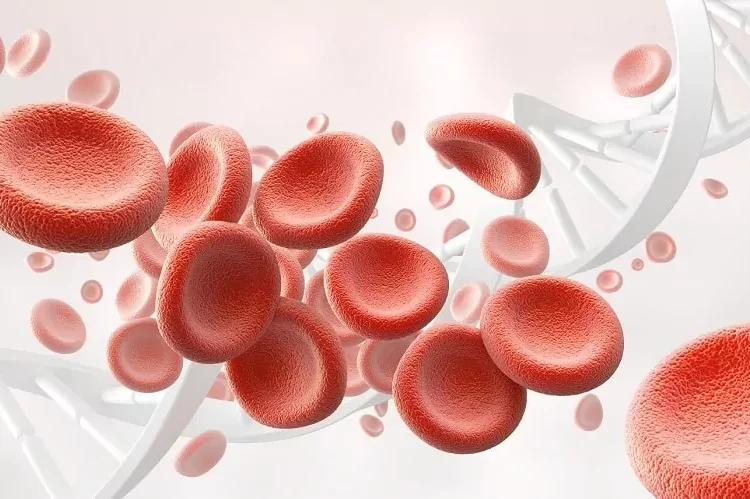Nutrition experts and advocates in Lagos have urged the state government to prioritize funding for nutrition initiatives and expand the provision of Multiple Micronutrient Supplements (MMS) as a critical measure to combat malnutrition and anaemia among pregnant women in the state.
The United Nations Children’s Fund (UNICEF) has pledged to support state governments in procuring and distributing MMS, a proven intervention to reduce anaemia rates. However, this support hinges on a counterpart funding commitment, with states required to contribute as little as N100,000 to access UNICEF’s backing.
Stakeholders have appealed to the Lagos state government to fulfill this funding requirement. This call was outlined in a communiqué issued during a one day policy dialogue on the uptake of MMS to prevent anaemia, hosted by the Lagos State Committee on Food and Nutrition in collaboration with the Civil Society Scaling-Up Nutrition in Nigeria (CS-SUNN), in Lagos. Signatories included senior nutrition officer, Lagos State Ministry of Health, Mrs Taiwo Fadairo; CEO/executive director at Health Awareness and Gender Advocacy Initiative (HAGAI), Hon. Adebayo Azeez Aladeyelu; the assistant secretary of the Christian Association of Nigeria in Lagos State, Pastor Dr. Dickson Dele Asaaju; Lagos state coordinator, Alive & Thrive Project, Olawumi Ajayi; national coordinator of the Media Centre Against Child Malnutrition (MeCAM Nigeria), Mr. Remmy Nweke; secretary, Civil Society – Scaling Up Nutrition in Nigeria (CS-SUNN) Lagos, Lady Vicky Onyekuru and the president, Medical Women Association of Nigeria, Lagos, Dr. Funmi Ige, among others.
The policy dialogue, hosted by the Lagos state committee on Food and Nutrition in collaboration with CS-SUNN, highlighted alarming malnutrition statistics. The Nigeria Demographic and Health Survey (NDHS) 2023 revealed that 40 percent of children under five in Nigeria are stunted—an increase from 37 percent in 2023. In Lagos, stunting affects 17.3 percent of children, wasting six percent, and underweight 14.3 percent.
MMS are vital in addressing deficiencies in essential vitamins and minerals, stakeholders noted. The United Nations International Multiple Micronutrient Antenatal Preparation (UNIMMAP MMS) contains 15 critical nutrients, including vitamins A, B1–B12, C, D, E, folate, and minerals like iron, iodine, zinc, and selenium. These nutrients are specifically formulated to meet the needs of pregnant women, promoting maternal health and fetal development. Studies indicate that MMS reduces anaemia prevalence, strengthens immune functions, and improves birth outcomes by enhancing birth weights and lowering preterm delivery risks. MMS is also recognized globally as a cost-effective strategy to combat malnutrition, complementing food security and dietary diversity initiatives.
To address the rising rates of malnutrition and anaemia, stakeholders presented several key recommendations, including increased funding, calling on the Lagos state government to allocate counterpart funding for MMS procurement, leveraging donor support and urging CS-SUNN and other partners to follow up to ensure the release of the $100,000 approved by the State Governor for nutrition commodities.
Stakeholders also called on the government to fast-track the procurement of MMS, Ready-to-Use Therapeutic Food (RUTF), Ready-to-Use Supplementary Food (RUSF), Micronutrient Powder (MNP) for children under five, and Small Quantity-Lipid Based Supplements (SQ-LNS); leverage social media to disseminate accurate information about MMS to younger pregnant and breastfeeding women and set up a taskforce to track and monitor the distribution, uptake, and coverage of MMS, with regular scorecards to evaluate progress. Journalists were urged to amplify MMS advocacy by consistently reporting on its importance to draw policymakers’ attention.
By addressing these challenges, Lagos can achieve significant progress in reducing maternal and neonatal mortality, improving community well-being, and ensuring a healthier future for the state, stakeholders affirmed.











